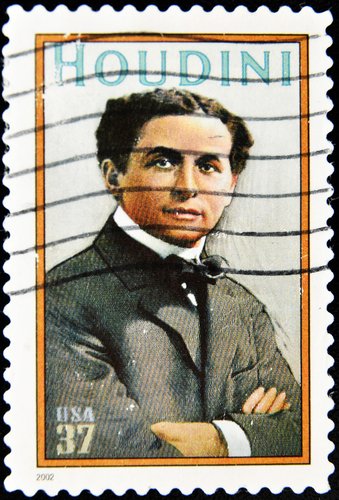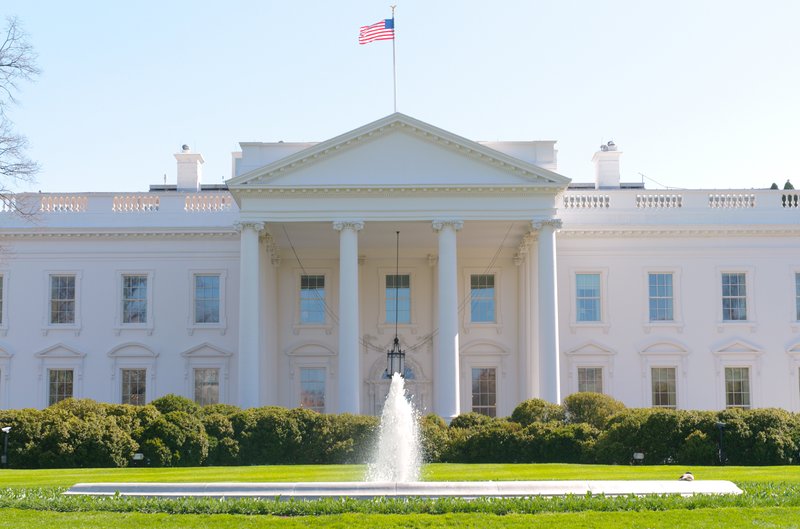Tuesday, July 2, 2013, 12 noon – 1 p.m.
Presented by the State Bar of California, Trade Secret Interest Group
You must register in advance in order to attend. This program will offer 1 hour participatory MCLE credit. This program will highlight best practices for exchanging information during a collaboration, and will include a discussion of pitfalls to avoid in drafting agreements, in particular:
- Confidentiality / non-disclosure obligations and exceptions
- IP ownership, inventorship, and improvements clauses
- Scope of license and permitted uses of licensed technology
- Restrictive Covenants
The program will also discuss best practices for addressing trade secrets in due diligence.
Moderated by: Robert Milligan, Chair, State Bar of California Intellectual Property Law Section Trade Secrets Interest Group, and partner in Seyfarth Shaw’s Los Angeles office
Panelists:
Mike Spillner is an intellectual property litigation partner in Orrick’s Silicon Valley office. He focuses on trade secret misappropriation and patent infringement disputes, and other complex commercial litigation.
Elizabeth Howard, an intellectual property partner in Orrick’s Silicon Valley office, co-chairs Orrick’s life sciences practice. Dr. Howard focuses on patent infringement litigation, with an emphasis on the life sciences. Her practice also includes trade secrets disputes and handling anti-counterfeiting matters in the pharmaceutical industry.
Angelique Kaounis is Of Counsel in the Los Angeles office of Gibson, Dunn & Crutcher where she practices in the Firm’s Litigation Department, with a focus on intellectual property and technology-related issues. Ms. Kaounis is a member of the Firm’s Antitrust and Trade Regulation, Media and Entertainment, and Intellectual Property Practice Groups.




 “Harry Houdini, a producer of magical feats and illusions since 1882, and president of the Society of American Magicians and of the Magicians’ Club of London, states that, so far back as his memory and records go, he is positive that he never witnessed a production of the illusion ‘Sawing a Woman in Half’ by any one other than the plaintiff.”
“Harry Houdini, a producer of magical feats and illusions since 1882, and president of the Society of American Magicians and of the Magicians’ Club of London, states that, so far back as his memory and records go, he is positive that he never witnessed a production of the illusion ‘Sawing a Woman in Half’ by any one other than the plaintiff.”







